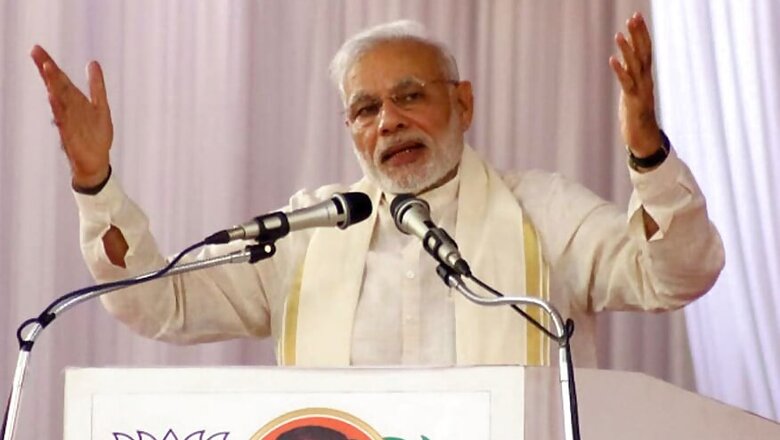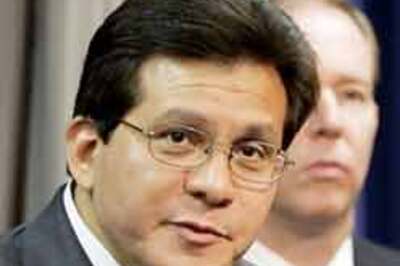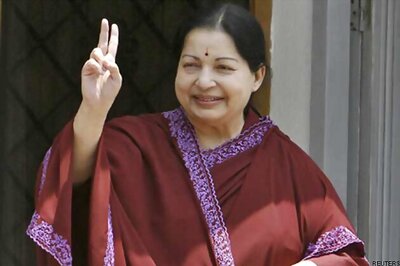
views
New Delhi: So finally on Thursday with a short statement from the Director-General of Military Operations, India announced to the world something which it had always carried out but plausibly denied because it was in the realm of the covert — surgical strikes.
By making a public announcement, the Narendra Modi government has made a paradigm shift in its Pakistan policy as well as its counter-terror policy. This is the moment when the man with the 56-inch chest drew a line in the sand.
The Indian Army’s Special Forces have always carried out surgical strikes deep inside Pakistan-occupied Kashmir (PoK).
The big difference in Thursday morning’s operation was: a) full and open backing of the political leadership and b) shedding the inhibition of publically announcing such strikes. The reason this is a paradigm shift is because the Indian military doctrine has now gone from strategic restraint to defensive offence.
Earlier, whenever there was a terror attack, Pakistan could almost predict what India’s response would be.
There will be a few cursory diplomatic noises made, India will attempt to tell the global community about the duplicitous ways of the Pakistani Army and the ISI, for some time things will be hot, but eventually when global attention moves onto the next big issue, Pakistan would be let off the hook. With Thursday’s operation, the Modi government has introduced an element of unpredictability into India’s response. As the famous Chinese General Sun Tzu put it, all warfare is based on deception. Respond in a way the enemy least expects you to.
The obvious question being asked now is: what next? Obviously the Pakistanis will retaliate. More than a surgical strike on terrorist infrastructure, this was a surgical strike on the pride of the Pakistan Army, and specifically that of its chief, Raheel Sharif. General Raheel has become in the last couple of years, post the APS school attack, the most deified figure in Pakistan. As big, if not bigger, than Musharraf in his heydays.
Observers say unlike Musharraf, Raheel is not political. But then again, in Pakistan, politics is the Army and the Army is politics. With his retirement in the next few weeks, General Sharif will not want this strike by India to be a blot on his record, a taint on his legacy. He will also use this as an opportunity to stamp his authority on the civilian government and possibly get an extension of service.
The most predictable response would be to make the Line of Control (LoC) hot again.
But that is something our armed forces are well prepared for. With the DGMO saying clearly that this was a limited operation and India has no intent to carry on, it gives the Pakistan Army an opening, if it chooses to take it. Also the Pakistan Army has been consistently denying that these strikes ever took place. That also gives them an opportunity not to climb the escalation ladder and play to the domestic constituency.
The one response India should be worried most about is if the ISI uses terrorist groups to carry out dramatic strikes in big cities such as Delhi and Mumbai, much like 26/11. If this indeed is a policy shift, then this is just the beginning of a long, hard road. The most important thing is to stay the course. Rushing to peace talks now is the last thing required.


















Comments
0 comment